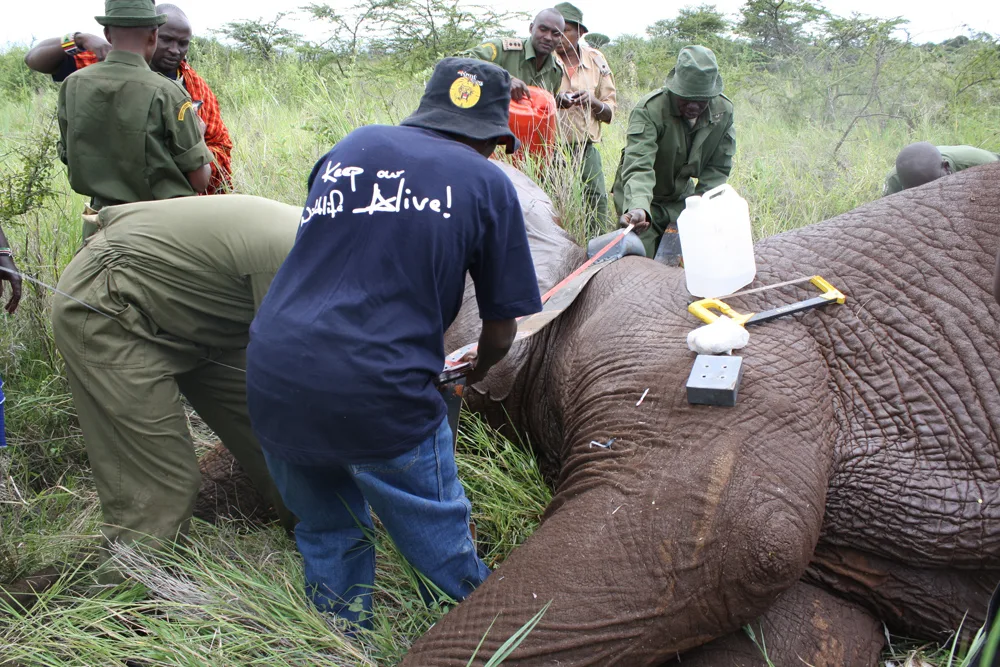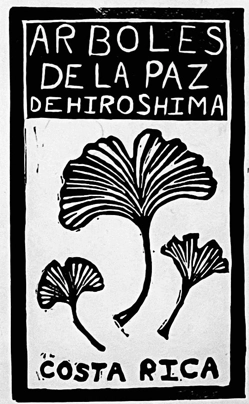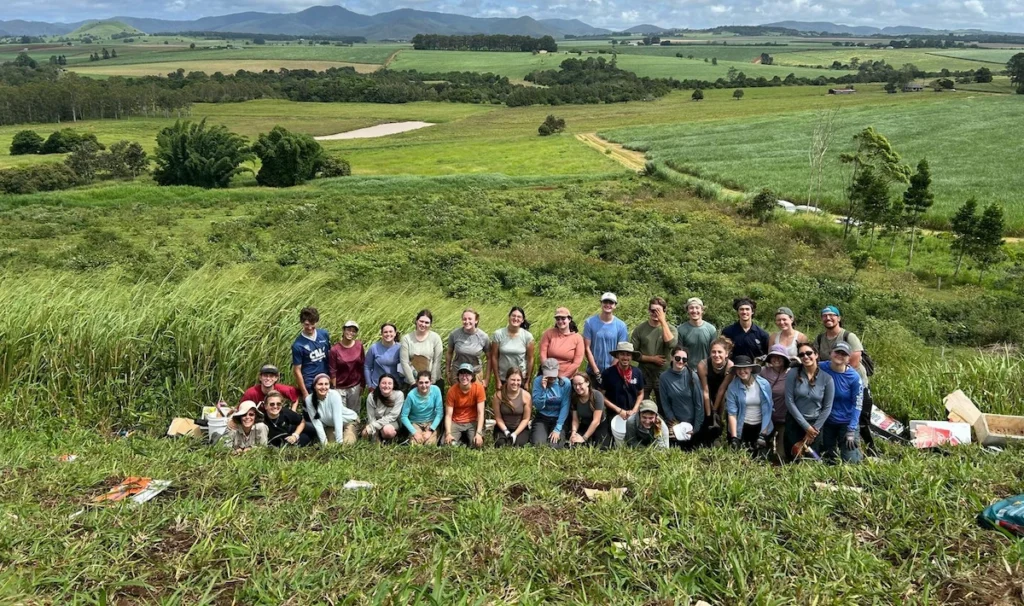Securing Corridors for Elephants and Mitigating Human-Elephant Conflict
Scientists today fitted satellite tracking collars on two male elephants in the Amboseli ecosystem, Kenya.
Information transmitted from the collars will make it possible to map out their wanderings in search of food and water, assisting wildlife managers in developing strategies to prevent elephants from coming into conflict with local communities as well as monitoring their safety.
Speaking at the exercise held in Kitirua and Elerai, IFAW Head of Programs Steve Njumbi noted, “Using science we can make a case for the connection of elephants’ favored habitats by securing critical corridors and core use areas that are essential for sustaining Amboseli’s rich wildlife heritage especially for the elephants.” More than 1,400 elephants live in the Amboseli ecosystem and spend 80 percent of their time outside Amboseli National Park. Gathering information on their migratory routes and dispersal areas is therefore critical.
The fitting of collars was conducted by a team of scientists, researchers, and veterinarians from the Kenya Wildlife Service (KWS) in collaboration with the International Fund for Animal Welfare (IFAW – www.ifaw.org) and The School for Field Studies (SFS). The partnership has scientists, researchers, and veterinarians tracking elephant populations around the Amboseli ecosystem to determine their needs for space and resources, and ultimately help prevent human-elephant conflict.

Photo Credit: IFAW/J. Nyagah
“The collars help in answering questions such as the preferred route of choice for the elephants, the threats the elephants may encounter or present on these routes, and how humans can position ecotourism enterprises to benefit both animals and man,” stated Prof. Moses Okello, Senior Director of The SFS Center for Wildlife Management Studies in Kenya and Tanzania.
Speaking on behalf of KWS, Dr. Charles Musyoki, the Head of Species Research Programs stated: “This project is fulfilling a very critical wildlife research and conservation role by enabling near real time monitoring of elephant use of the Amboseli ecosystem for local level conservation planning and proactive intervention at the human – elephant interface.”
The two elephants increase the number of elephants collared since 2013 by the KWS-IFAW-SFS partnership to 12. In February 2013, six elephants – four males and two females – were collared in Olgulului, Mbirikani, Selengei and Kuku group ranches; while four – three males and one female – were collared in Kajiado in December of the same year.
The KWS-IFAW-SFS study is part of IFAW’s Amboseli Project, which includes enhancing KWS’ law enforcement capabilities, leasing critical corridors and dispersal areas in community land, creating conservation awareness and local capacity for ecotourism ventures, and mitigating human-elephant conflict. The study is also a component of The SFS Center for Wildlife Management Studies Five-Year Research Plan, which examines how land use and resource availability in the Amboseli ecosystem can be managed to foster the well-being of local communities as well as safeguarding biodiversity conservation
CONTACT:
Jacqueline Nyagah (Communications Manager, IFAW, East Africa) – Tel: +254 20 3870540; Mobile: +254 722 607 640; Email: jn*****@**aw.org
Leslie Granese (The School for Field Studies, USA) – Tel: +1 978 219 5120; Mobile: +1 978 304 6963; Email: lg******@*********er.local
Charles Musyoki, Ph.D., OGW (The Kenya Wildlife Service) – Tel +254 722 826 911, Email: cm******@****go.ke
About IFAW (the International Fund for Animal Welfare)
Founded in 1969, IFAW saves animals in crisis around the world. With projects in more than 40 countries, IFAW rescues individual animals, works to prevent cruelty to animals, and advocates for the protection of wildlife and habitats. For more information, visit www.ifaw.org. Follow us on Facebook and Twitter.
About Kenya Wildlife Service
Kenya Wildlife Service is a Government entity with a legal mandate to conserve and manage wildlife in Kenya. Effective conservation and management calls for regular monitoring of wildlife use of range to determine critical habitats, corridors and dispersal areas. Fitting tracking devices on wildlife is a key activity for KWS for the devices enable tracking of wildlife through space and time. Data and information generated are utlised to inform planning of wildlife management and decision making. For more information visit www.kws.org
About The School for Field Studies
For more than 30 years, The School for Field Studies (SFS), the United States’ largest environmental study abroad program for college undergraduates, has combined hands-on, multi-disciplinary environmental studies with scientific research to propose sustainable solutions to critical environmental problems. SFS students work with local communities to discover practical ways to manage their natural resources, and in the process undergo a transformational experience that helps them to advance their careers as skilled professionals and to become globally aware citizens.
Related Posts

Trees of Peace from Hiroshima: A Time Traveler and Emissary of Hope

Cinder Cone Chronicles: Lessons from Drought, Data, and Determination
